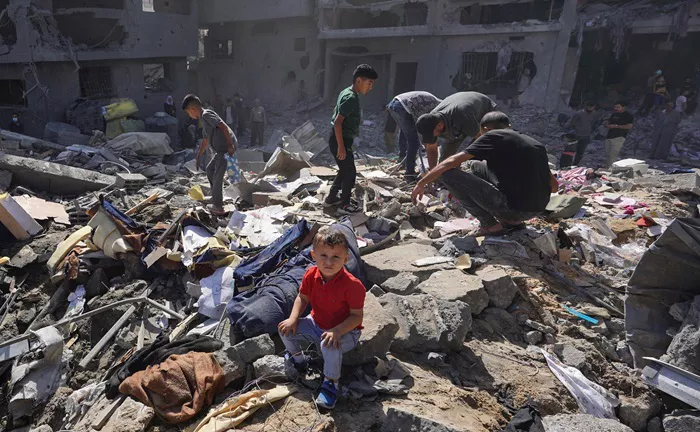Israel is experiencing an unexpected baby boom during its ongoing war with Gaza, defying recent trends of declining fertility rates.
Despite 15 months of conflict, the country has seen a 10% increase in births toward the end of 2024, according to Rachel Fink of Haaretz. This surge comes even after earlier signs that Israel’s fertility rate was on the decline. Shlomo Winker, head of Leumit Health Care Services, remarked that such surges are typically observed after a war ends, not during its continuation.
Israel has historically had higher fertility rates compared to other Western nations. In 2024, Israel’s fertility rate is nearly three children per woman, far exceeding the rates in the US (around 1.7), Europe, Russia (1.46), and Japan (1.26). This is particularly notable given the global trend of declining birth rates, which has contributed to shrinking workforces and labor shortages in many countries.
The paradox of declining birth rates has sparked debates worldwide, especially in countries like the US, the UK, and China, where populations are aging, and the need for immigration to support labor forces grows. Yet, many of these nations have faced resistance to immigration.
While Israel’s ultra-Orthodox community, with a fertility rate of 6.1, skews the average, even secular Israeli women maintain fertility rates far above those of Western nations, contributing to the country’s sustained population growth.
In contrast, nations like China and Japan have struggled with low birth rates despite offering monetary incentives for families to have children, with little success in reversing the trend. Israel, however, continues to buck the global trend, with its high fertility rate helping drive its unique wartime baby boom.
Related topics:


